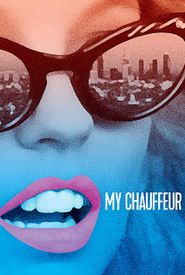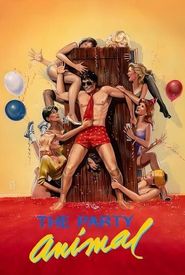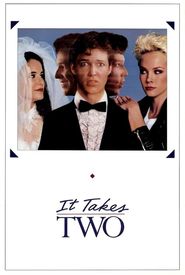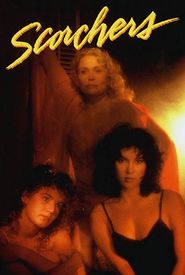Born in Shreveport, Louisiana on August 19, 1952, David Beaird was the third child of Jack Gray Beaird Sr. and Mary Jane Hunter. He was a graduate of Chicago's Goodman School of Drama and began his professional career as an actor, playwright, director, and acting coach that spanned four decades.
At 19, David won acclaim for his role in "Look Homeward, Angel" as the character Eugene Gant. The Chicago Tribune called him, "a young man who will one day be a consummate and famous actor." After a number of successful acting roles, he founded the Wisdom Bridge Theatre in 1974 on a shoestring budget.
The theatre's name was inspired by a painting whose subtitle read: "The bridge to wisdom is in the continual asking of questions." This was David's method. Using his plays to ask big questions, David built Wisdom Bridge into a critically-acclaimed avant-garde theatre, with innovative stagings of "Cyrano de Bergerac" and "Twelfth Night". There he also developed one of his original plays, "Dignity," a life story of Socrates.
He even adapted the comic strip, "The Wizard of ID" and staged it with a life-sized dragon puppet. By 1975, when David was 22, the Shreveport Times called him, "the nation's youngest theatrical genius" who was "setting the Chicago theatrical world on its ear." He left the Wisdom Bridge in 1977 due to health problems.
In the 1980s, he headed to Hollywood where he wrote (or rewrote) and directed a series of films, including "Octavia" (1984),"The Party Animal" (1984),"My Chauffeur" (1986),"It Takes Two" (1988),and "Pass the Ammo" (1988),a satire of televangelism that was presciently made before the Jim and Tammy Faye Bakker scandal made news.
He did want to pursue theatre and in California, David founded the Whitefire Theatre in Sherman Oaks, which was close enough to his house at the time that he could walk to work. He ran acting classes at the theatre that became very popular. There was often the chance for students to work in the theatre in exchange for tuition. These classes gave actors a chance to work through material they would later audition elsewhere, which helped many land roles and certainly saved a lot of embarrassment.
It was at the Whitefire that David began staging "Scorchers", a play he had written about a cajun wedding night in the bayou. The play ran for at least two years and won several awards. The theatrical success of "Scorchers" led to a film version that was released in 1991.


























